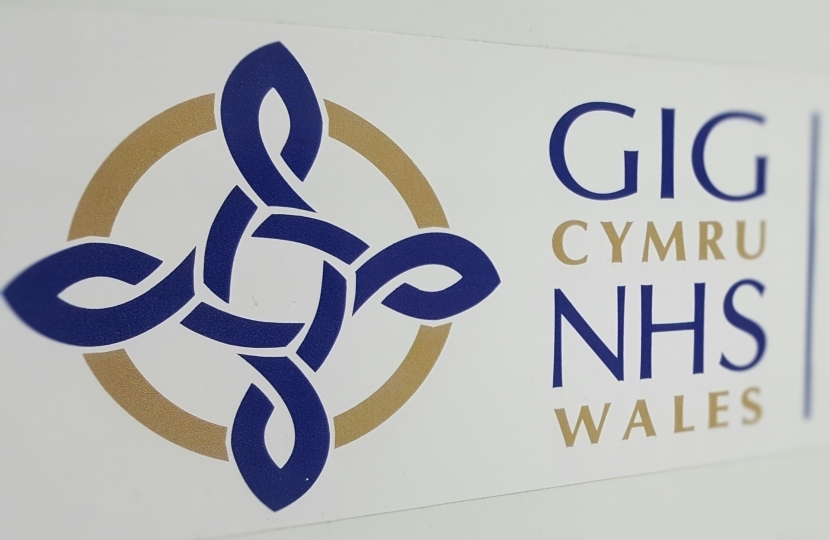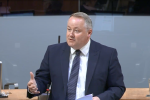
Ysbyty Glan Clwyd and Wrexham Maelor Hospital had the worst performing A&E departments in Wales in August, with around six out of every ten patients spending more than 4 hours in the emergency departments.
At Wrexham and Glan Clwyd Hospitals, just 40% and 44% spent less than 4 hours in A&E while more than one in four people spent more than 12 hours in the emergency departments – something that Labour Ministers said no one would have to do.
Commenting, Welsh Conservative Shadow Minister for North Wales Darren Millar MS said:
“These statistics are very worrying for people across North Wales who rely on their local hospitals in the event of an emergency.
“Patients and NHS staff in North Wales deserve a healthcare system at least as good as elsewhere in the UK but that clearly isn’t the case.
"No-one should be spending more than 12 hours in an emergency department and it is unacceptable that more than one in four people in North Wales, more than 3,500 in August, are experiencing these sorts of delays.
“Wales is suffering a cost-of-pain crisis that the Welsh Labour Government must get to grips with and North Wales is suffering more pain than anywhere else.”
Across Wales, a third (33%) of patients spent longer that the four-hour target in A&E with over 10,000 patients spending more than 12 hours in emergency departments.
Meanwhile, the number of people languishing in pain on an NHS waiting list in Wales has exploded by 100,000 people in just one year – leaving well over a fifth of the Welsh people on the waiting list – with the number of people waiting over two years now standing at 60,557.
When it came to ambulance performance in August, just 50.7% of responses to immediately life-threatening calls arrived within eight minutes – the second worst rate on record. The target of 65% of red-calls reaching their patient within eight minutes has not been reached now for two years.
Today, the UK Conservative Government has announced a its new plan for patients, so patients receive easier access to NHS services and social care this winter and next, prioritising the services that matter most to people – ambulances, backlogs, care and doctors and dentists – including improving access to GP practices so that all patients who need one can be seen by a GP within two weeks, and patients with the most urgent needs on the same day.
